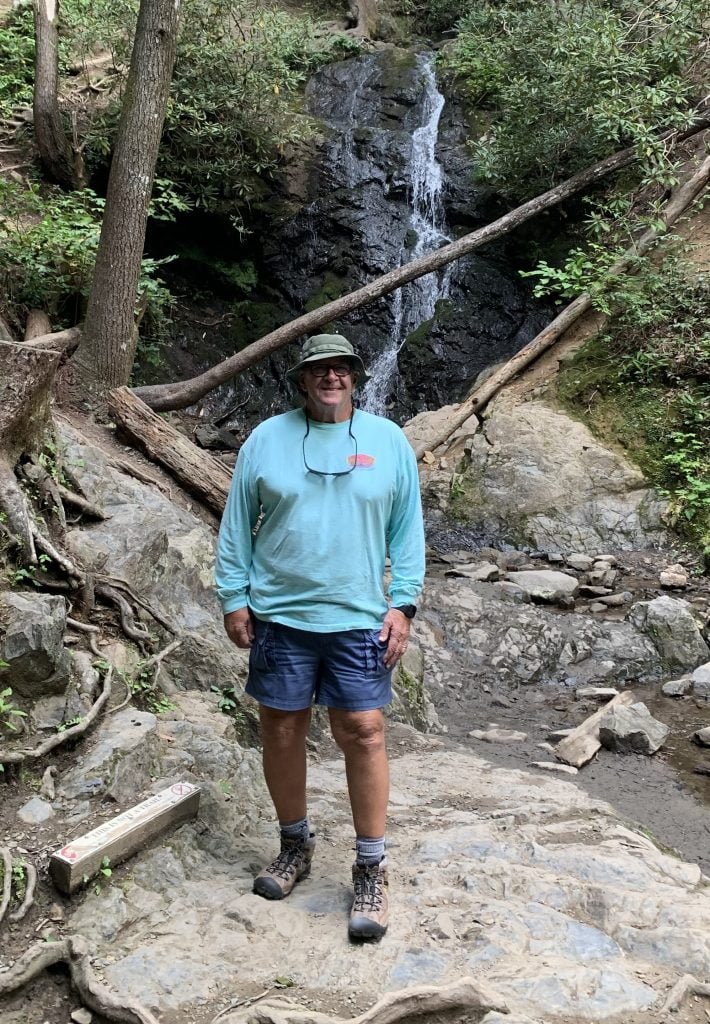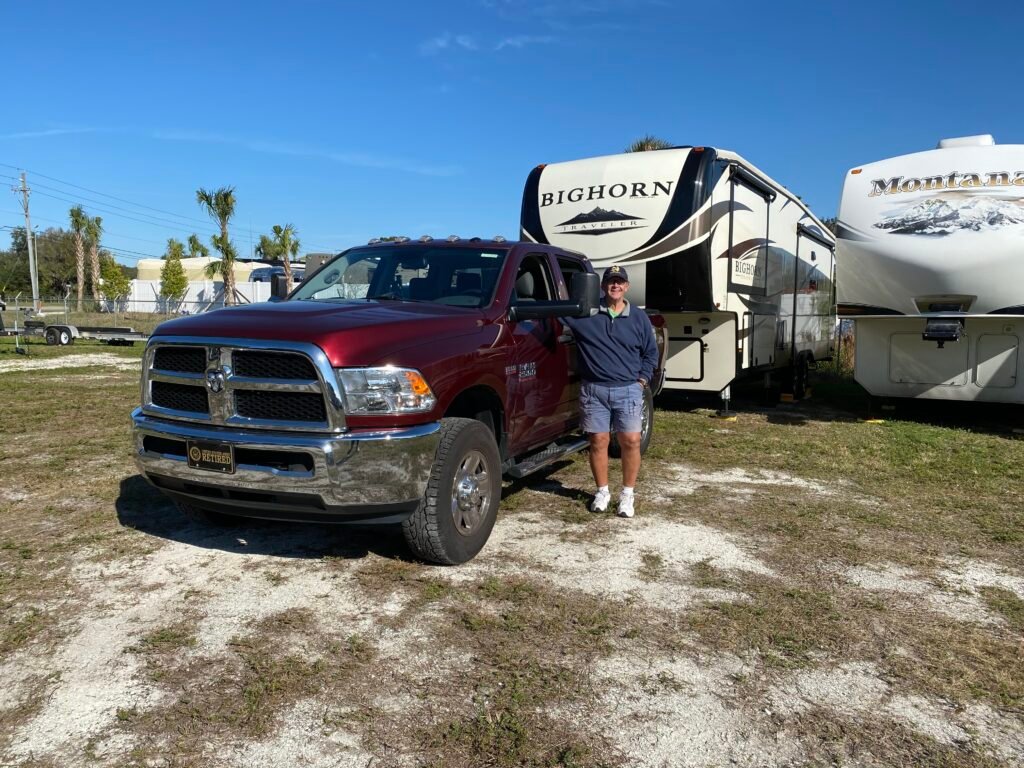About us

Author
James Harold Kelly
I’m the author of the “I am a Soldier, First and Always” series of Historical Fiction novels. The future may hold another genre, but either way I believe I’ll still be writing.
Originally from Rhode Island, I served almost forty-five years with the Department of Defense before starting my writing career, and I do consider it my latest career.
I feel it is vital to continue to grow and develop. The military set me on a path of constant awareness to the world around me. It is central to maintain my well-being. I wanted to capture stories and continue to grow in mind and spirit.
As I enter the winter of my life, I am fortunate to have followed fundamentals that help body and spirit. I have found it helps when mentoring the next generation or two.
My Pillars of Strength
MY FAITH
My Lord has determined my path. “ I believe my life is God’s gift to me. What I do with it is my gift to God.”
The Lord has protected me and, at times, placed me in situations that I have long since decided not to question.
He has given me a lifetime of opportunities, and I hope I have responded as He intended.
He has guided me through times of great personal loss and blessed me with great joy.
I am blessed with a loving family and happiness as I look back on my seven decades walking this earth.


MY FAMILY
My wife is the center of my life. My children are my greatest achievement. They are wonderful people. Along with grand children and son – and daughter-in-law, they are always in my thoughts and prayers.
I can’t go very long without hearing their voices or seeing them (and thanks to social media, facetime) we can connect beyond voice or text. Seeing them is good for the soul. I continue a close connection to my brothers and sisters. Living in various states as we do, we meet twice a year to be close to one another.
As a soldier, I never knew if I’d see family members again. I made sure that my immediate and extended family were always on my list to visit and embrace whenever I visited home. Never miss a chance to say you love someone.
MY COUNTRY
My country and all that it stands for under the Constitution. I would gladly serve again.
I remain eternally optimistic about its future and our ability to change and create the “more perfect union” our forefathers envisioned.
Opportunity is all around us … one need only to recognize and seize it in America.
The first article of the Service Code of Conduct:
“I am an American fighting man. I serve in the forces that guard our country and way of life. I am prepared to give my life in their defense.”
When I come to the end of my life’s journey and Saint Peter asks about my life, I will say “I am an American fighting man.”



I was raised in a large Irish-Italian family surrounded by loving siblings (four sisters and two brothers) and wonderful parents. As we matured, we recognized that our father never turned away from a new direction if it meant advancement and a better life for his family. Each goal was met with confidence that he would succeed. It wasn’t a surprise that his seven children faced life the same way – accepting any challenge.
I can still hear his voice. “There are 20% leaders and 80% followers in this country. You must be one of the 20%.”
Individually, each son or daughter followed Dad’s path to steel fabrication, construction, business, and, of course, the military. He mentored us in our respective careers always making the point that we live in a land of opportunity.
His life-long accumulated knowledge and experience were so vast it always amazed me. He could speak with authority on each field of endeavor.
“Thanks, Dad. Every one of us made it !”
My mother had the softer touch, always concerned and caring. Our Italian sense of family we all owe to Mom.
When Dad was assigned to year-long tours without the family, Mom displayed an inner strength to be both parents. Her natural ability to guide seven children alone was an amazing display of courage and control.
All the while she kept her fear of losing Dad in another land tucked away inside, likely to surface late at night, when we were all asleep. She, like most Army wives, ensured the family thrived while the soldier was gone.
Today’s Army finds both parents as service members deployed or mother rather than father, reversing the roles. My heart goes out to them and our service members deserve all the support we can provide.


God has a plan for us all. I met and married Angela Espina while stationed in Germany. Our family grew over the next few years, and my children, James and Lisa, filled our lives with love and joy.
I was busy with my assignments but always found time to be with my family throughout my career.
James and Lisa are wonderful adults with children of their own (yes, I am Papa) and successful people following great grandfather’s 20% guidance.
Sadly, I lost Angela to illness after 38 years of marriage.
Remember, I said God has a plan. Some years passed, and the Lord brought Linda Marie into my life. This fantastic and accomplished woman brought love and caring in abundance. She was also from a seven-sibling family, and our shared experiences brought us closer. I never hesitated and married this beauty.
“I wish I had met you sooner so I could love you longer.”
As long as I can remember, the U.S. Army was part of my life.
In 1960, my father attended a captain-level course in Fort Knox, Kentucky, and remained on active duty for the next fifteen years. The family, with roots in Rhode Island, was on an adventure. We moved a few times between Rhode Island, Kentucky, Massachusetts, and Colorado. Sometimes, we remained in Rhode Island while Dad completed tours in Korea and Vietnam.
There are so many memories I can recall. One includes playing army, as most boys did during this era, but having a World War Two Sherman Tank (on the post’s parade field) for my brothers and me to crawl on and in.
From an early age I liked being in charge, and the Boy Scouts provided another opportunity for me.
Did I mention when my father was a commanding officer, he would take me to the tank gunnery ranges? He knew, better than I, which direction I was heading.

A father’s influence is so important.


In 1969, I graduated from North Kingstown High School (my third high school, not unusual for a military brat) along the shores of Rhode Island’s beautiful Narragansett Bay. Like many kids, I declined college but needed some direction.
With Dad’s guidance, I enlisted in the U.S. Army in January 1970 and headed, once again, to Fort Knox Home of Armor. My father’s balance of a firm hand and gentle encouragement was essential.
I learned to tuck that away for the future when I raised my own children.
To Become a Leader…
Character and Competence
After initial entry training, I attended the Non-Commissioned Officer Candidate Course. It was like home, having spent my childhood years at the post. It wasn’t long before I was promoted to sergeant, leading a reconnaissance section with infantry and cavalry units.
The Army was engaged at the height of the Vietnam War. I prepared for my year-long tour of duty in Southeast Asia only to receive new orders. I reported to the Third Armored Division in Germany in 1971, a nineteen-year-old Army sergeant.
I was taught leaders are natural managers, but all managers are not leaders. Leadership is influencing people—by providing purpose, direction, and motivation—to accomplish a mission and improve the organization.
That’s all I needed to know.
Leading requires continued learning.


The three years in Germany was eye opening in my first leadership position as a squad and section leader. Six soldiers, two armored vehicles and an assortment of weapons were now my responsibility. Armed with a foundation of skills necessary to accomplish scout and reconnaissance missions in an infantry battalion, it was a great assignment.
Oh, I was also a trained tank commander!
The challenges continued as a function of leadership, but the Army was to be more than a job. It was a vocation, and I was meant to lead soldiers. I never looked back, always forward to the next leadership level.
Mentorship continued by a few senior sergeants in the company, and, when the Army developed its latest school for sergeants, I was off to Fort Knox again for education. It was on to Colorado, a promotion, and duty the Cavalry (the historic Buffalo Soldiers – “Ready and Forward!”).
There’s always time for education.
My attitude about college changed dramatically. I wanted to continue my university studies before too much time had passed. I enrolled in the local community college’s business administration program at the Army Education Center in Fort Carson, Colorado. It was also possible to take a series of tests and receive credit for my core courses, thus eliminating the freshman year. What a country!
Combining night school with the daily demands of military missions did not provide the path to a Baccalaureate Degree “on my timeline.”
I left the army in 1976 to complete my studies at William Paterson University of New Jersey while enrolling in the Reserve Officer Training Program (ROTC) hosted by Seton Hall University.
I considered it a tour like any other army assignment, compressing the schedule (and adding courses each semester) to start in January 1976 and completing studies in May 1978. I was anxious to rejoin the ranks.


Commissioning and the next Leadership Level

In June 1978, my father pinned second lieutenant’s bars on my shoulder during my commissioning ceremony.
I achieved the superior Cadet Award and a regular army commission. Graduating cadets submit a request for branch assignment, and, as much as I love the army, it is their needs that prevail.
I had served six years as a sergeant of armored cavalry, so the army assigned me to Air Defense Artillery. It turned out to be a great career path with some of the most professional officers I am still friends with today. Armed with a degree in one hand and a commission in the other, this officer and family were off to Schofield Barracks, Hawaii, and the next army duty station.
From the Foxhole to the Halls of the Pentagon
Hawaii was my first assignment as an officer and continued a fantastic career for the next twenty years. It took me around the world, from foxhole to the hallowed halls of the Pentagon. I served in five combat divisions and one separate Air Defense brigade. I was an Air Defense Artillery Battery Commander, an advisor to the Reserves and National Guard in the Pacific, and an Inspector General for the 70,000-member US Army Training and Doctrine Command.
In a “Joint” assignment (one with members from all services) I led the development of Multi-Service Tactics, Techniques and Procedures, or codifying how the Services will operate together.
I attended the required training for officers and graduated from the Army and the Air Force Command and General Staff College. Consistent with my belief that there’s always time for education, I graduated from Central Michigan University with a Master of Science in Administration and Management.
Time went quickly. Before I knew it, I had served on active duty twenty-seven years and the young sergeant was now a lieutenant colonel. Retiring in 1998 in Washington, D.C., I immediately went to work within the “beltway.” At my retirement ceremony, my commanding general asked what I thought about my years in uniform. “I began this career watching the Russians across a border preparing for war. I ended my career sitting across the table from them developing tactics and techniques.”



A lifetime of challenges and new goals to set.
Challenges come in many forms, personal and professional. I always set a goal with a plan to reach it.
I followed active duty with a short six-year period as a defense contractor in Washington, D.C. supporting the Joint Staff. I entered government service as a senior manager in the Pentagon on the staff of the Chairman, Joint Chiefs of Staff, and Office of the Secretary of Defense.
Walking through the Pentagon, an associate I had not seen in a few months asked, “James, what have you morphed into now?” Surely a simple question, but one recognizing my ability to shift from one level or path to another confidently – just as Dad intended.
In my Department of Defense career, in and out of uniform, my supervisors would not hesitate to assign me various missions in diverse lanes. It enabled a breadth and depth of knowledge in many areas. I was now the Division Chief, enabling me to routinely brief a four-star decision body chaired by the Vice Chairman of the Joint Staff. It was war in Iraq and Afghanistan I all capabilities for Improvised Explosive Devices (IEDs) passed through my division.
Transitioning…once more!
Performance was instrumental in my selection as the Joint Staff professional to attend the Senior Service College. It was a year of education resulting in a second Master of Science in National Resource Strategy. It also set me on the next path – writing!
I look back with pride on my forty-five years in the Department. The Lieutenant Colonel became a Joint Staff Division Chief, routinely briefing panels of four-star generals from the five services, then a senior advisor to a commanding general and senior executives within the Department.
I had completed a Baccalaureate and two Masters degrees, and commanded hundreds of soldiers, a trusted advisor and mentor to a long line of professionals.
Writing was the next challenge, beginning with a single goal – to write a novel. Then another, and another.
Challenges and Opportunities: Becoming a Writer
I have begun a new career as a writer and novelist that I find just as challenging as anything I’ve accomplished. I am starting my fifth novel, with two more stories planned for the series “I am a Soldier First and Always.”
I can only guess where this will lead, but I am excited about my path and the ability to create new chapters that challenge the imagination.
If I were to pick one thing that started my writer’s journey, I would say it began with a question, “Sir, would you provide a short presentation when we visit the Gettysburg National Battlefield?”
That was in 2008 while attending the National Defense University’s Industrial College of the Armed Forces. It is the Dwight D. Eisenhower School for National Security and Resource Strategy today. The major military colleges in the mid-Atlantic states often conduct staff rides to the many battlefields we have in the area to study strategy, tactics, and decision-making. We discuss what went right or wrong for one side or another. In my case, we were heading to Gettysburg in 1863.

A New Challenge and a New Direction

I enthusiastically agreed to do the presentation and was assigned Union General Major General Winfield Scott Hancock as my subject. I had no idea this minor assignment would set me on the writer’s path and become a daily project that continues today.
When asked how I became a writer, I say Gettysburg was the starting point. I spent many hours writing papers for senior leaders in the Department of Defense during my career, but nothing that compared to a novel. The material available for my short presentation piqued my interest in the General beyond the assignment. I was intrigued. More to the point, it began a four-year research project.
I asked, “What would I see or hear if I were present when a particular history was made?” That led me to historical fiction as a genre and a way to fill in the blanks or provide plausible elements that resulted in Hancock’s actions. Research was exhausting and enlightening. “Rebellion” and “Turning Point” tell Hancock’s story. Along the way I attended seminars, webinars, talked to other authors, and began to learn the “craft” of writing.
Historical Fiction and I were made for each other.
A biographer captures the facts and builds upon to tell a story, I have the flexibility to explore and add my thoughts to craft my story without changing history. I was hooked on writing and, since 2008, continued moving forward.
My writing has kept pace, and the last two novels in this series, “These Sacred Lands” and “Tremaine,” have both been awarded the Highly Recommended, Five Star Excellence rating from the Historical Fiction Company. “Tremaine” was also selected as a finalist by the American Fiction Writers 2024 competition in the Adventure: War and Military category.
Show, don’t tell the story!
I craft words so the reader feels the frustration or anger within a character. Conversely, the reader should feel satisfaction when the character succeeds.
Dialogue is usually the means to deal with emotions like anticipation, anger, frustration, and resentment. Try this one as a tool for writers: “The Emotional Thesaurus” is the writer’s guide to expressing emotion—more tools to place in my kit bag.
That’s what my writing tries to convey …
“stories that capture the imagination.”


Author and Novelist
Historical fiction success stories abound. I am surrounded by well-known authors that I may emulate.
I didn’t close the door on another genre. A great non-fiction novel or thriller is a goal to reach.
Timing is up to me. I’ll continue to write and research daily. This is retirement!
If you learn enough, you may even find yourself on the cover of a local magazine.

